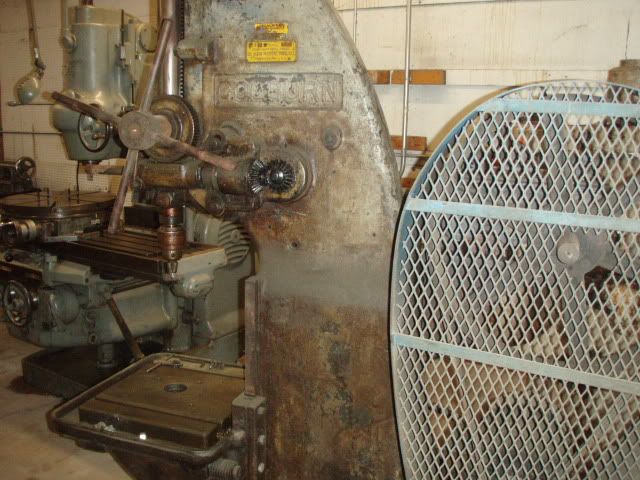I recently bought an old Colburn D1 drill press. After getting it back to the shop and looking it over, it looks like someone managed to run the drill chuck jaws way too far out. They will not go back in using just the chuck key, or while pressing them down onto a block of wood while turning the key. I did not get forceful with it
It is a large chuck.. 3/8 - 1" capacity, so it would not be cheap to replace. Mfr/model is Ridgid Supreme. What is the best way to go about getting the jaws back into the body without damaging anything (any further)?
Thanks,
Andrew


It is a large chuck.. 3/8 - 1" capacity, so it would not be cheap to replace. Mfr/model is Ridgid Supreme. What is the best way to go about getting the jaws back into the body without damaging anything (any further)?
Thanks,
Andrew



